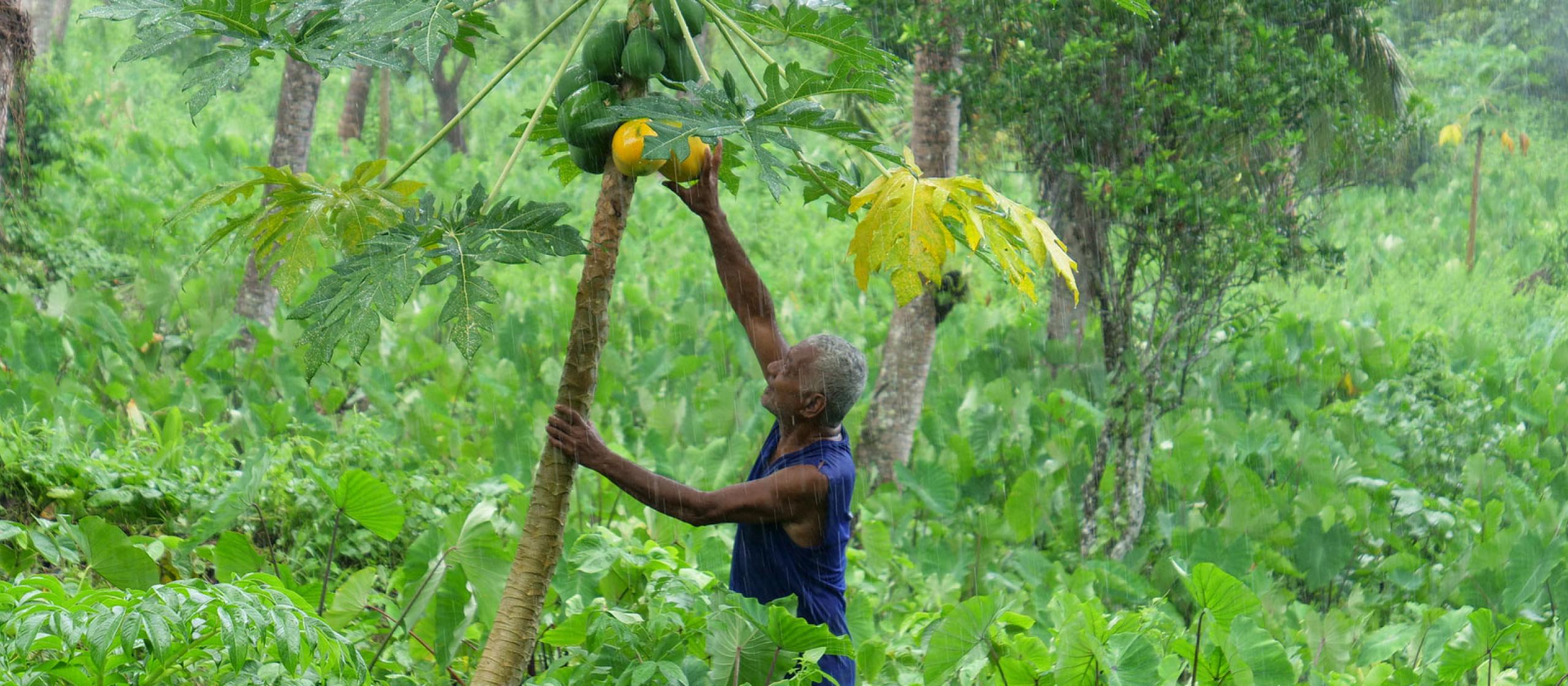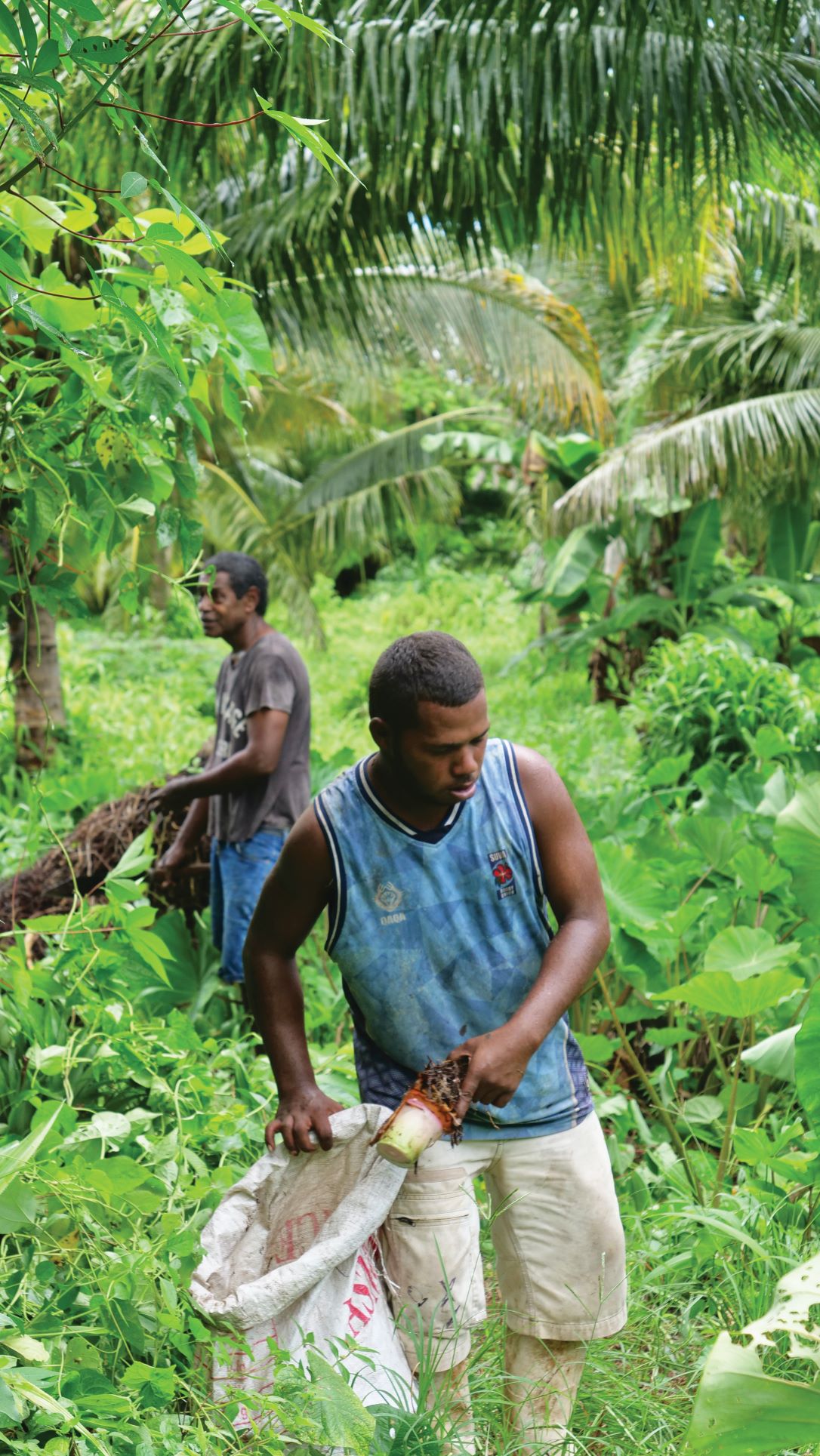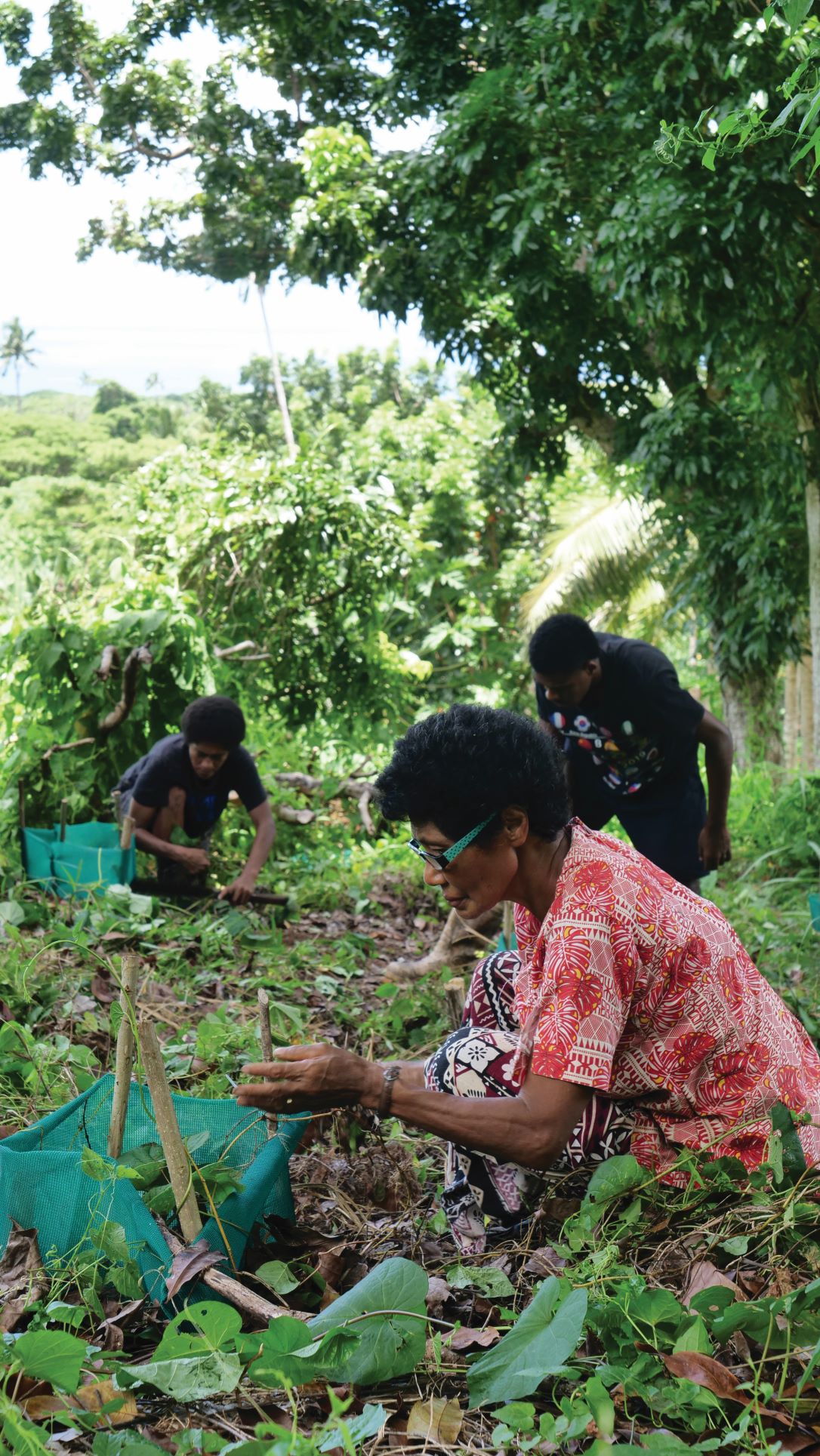Among the many challenges that smallholder farmers in Fiji face, there is an increasingly urgent need to protect the health and productivity of their land. It is an issue that lies at the heart of their continued ability to farm and maintain their livelihoods.
Accessing and sharing the information needed to do this is critical and is driving renewed interest in a community-centred approach to improving sustainable practices in the country.
This closely mirrors the drivers of Australia’s successful landcare movement, which has brought farmers and other community members together for more than 30 years, to care for the land and preserve natural resources and biodiversity for generations to come.
The Philippines also has its own landcare movement, which emerged in the 1990s, with ACIAR becoming involved in 1999. One of these ACIAR-supported projects was the Mindanao agricultural extension program, which ran from 2013 to 2021.
A promising outcome of this project was the Livelihood Improvement through Facilitated Extension (LIFE) model, developed to assist farmers in conflict-vulnerable areas of Mindanao.
In 2021, as the Philippines’ project wound up, ACIAR supported a follow-up project, bringing together partners from the Philippines and Australia to trial a similar LIFE approach in Fiji.





